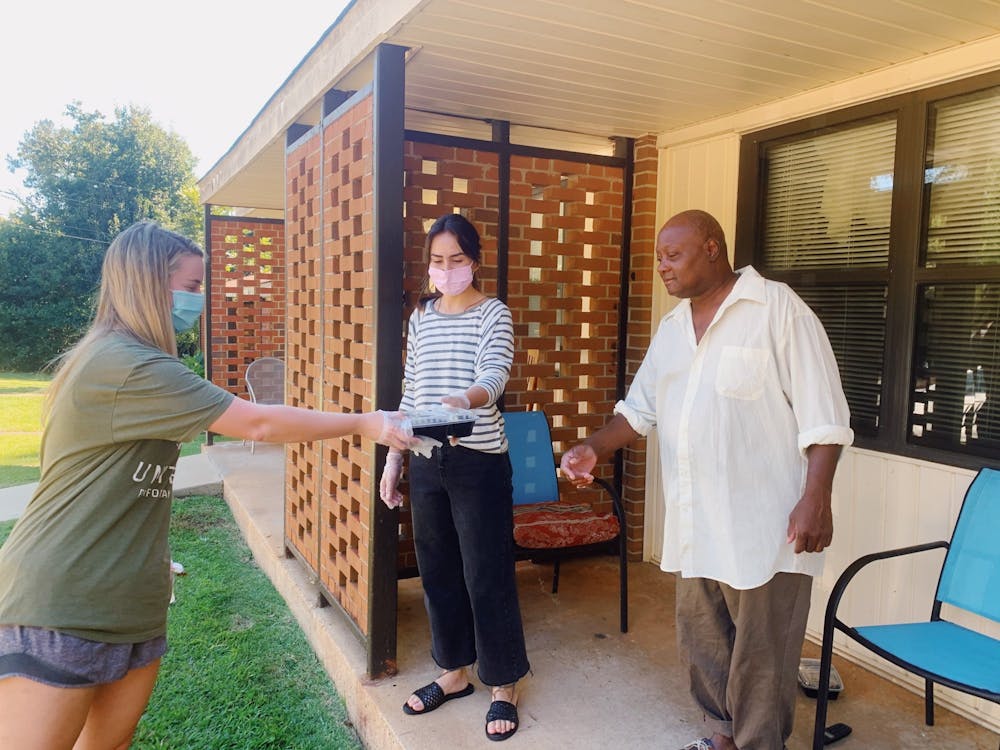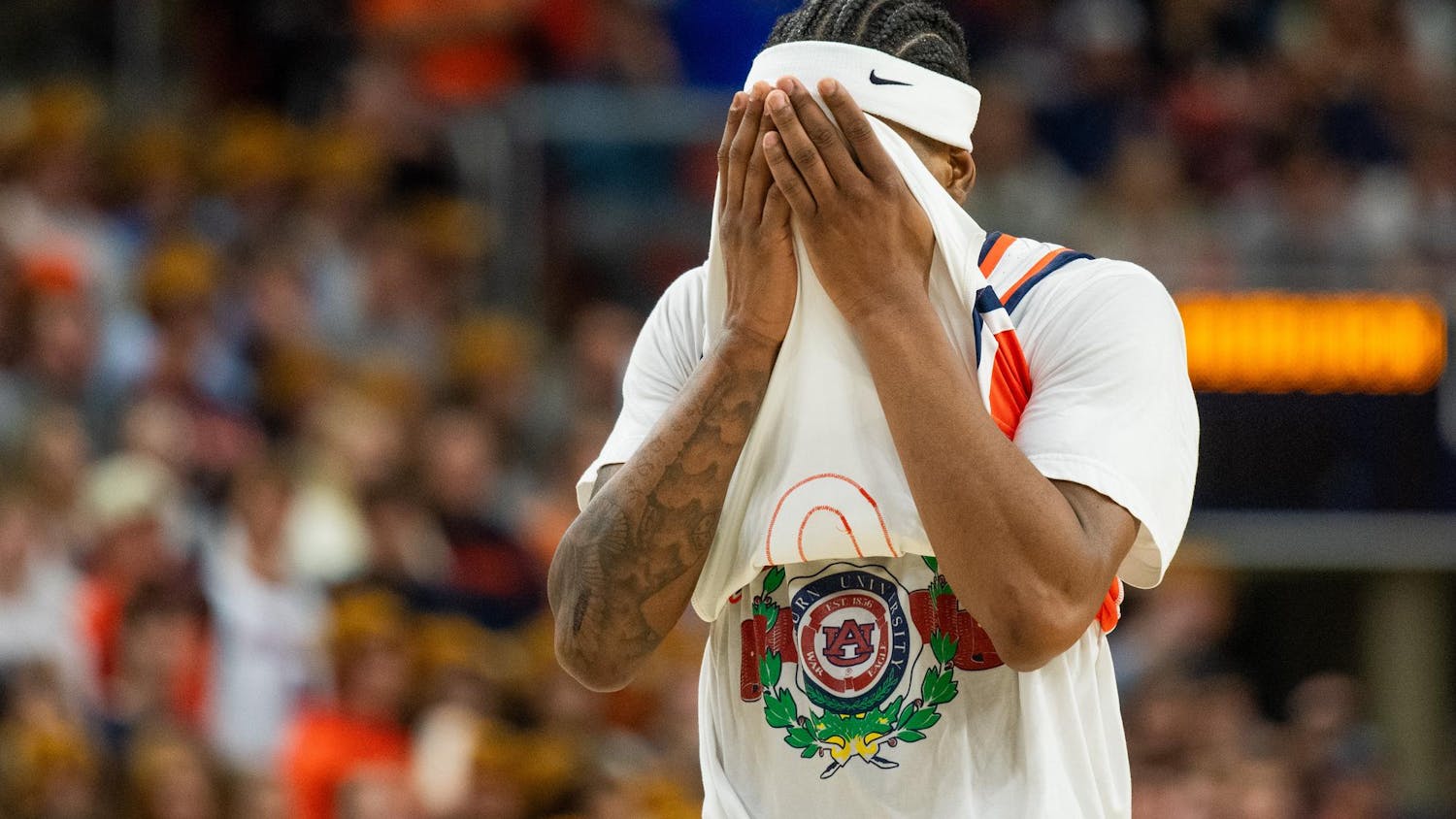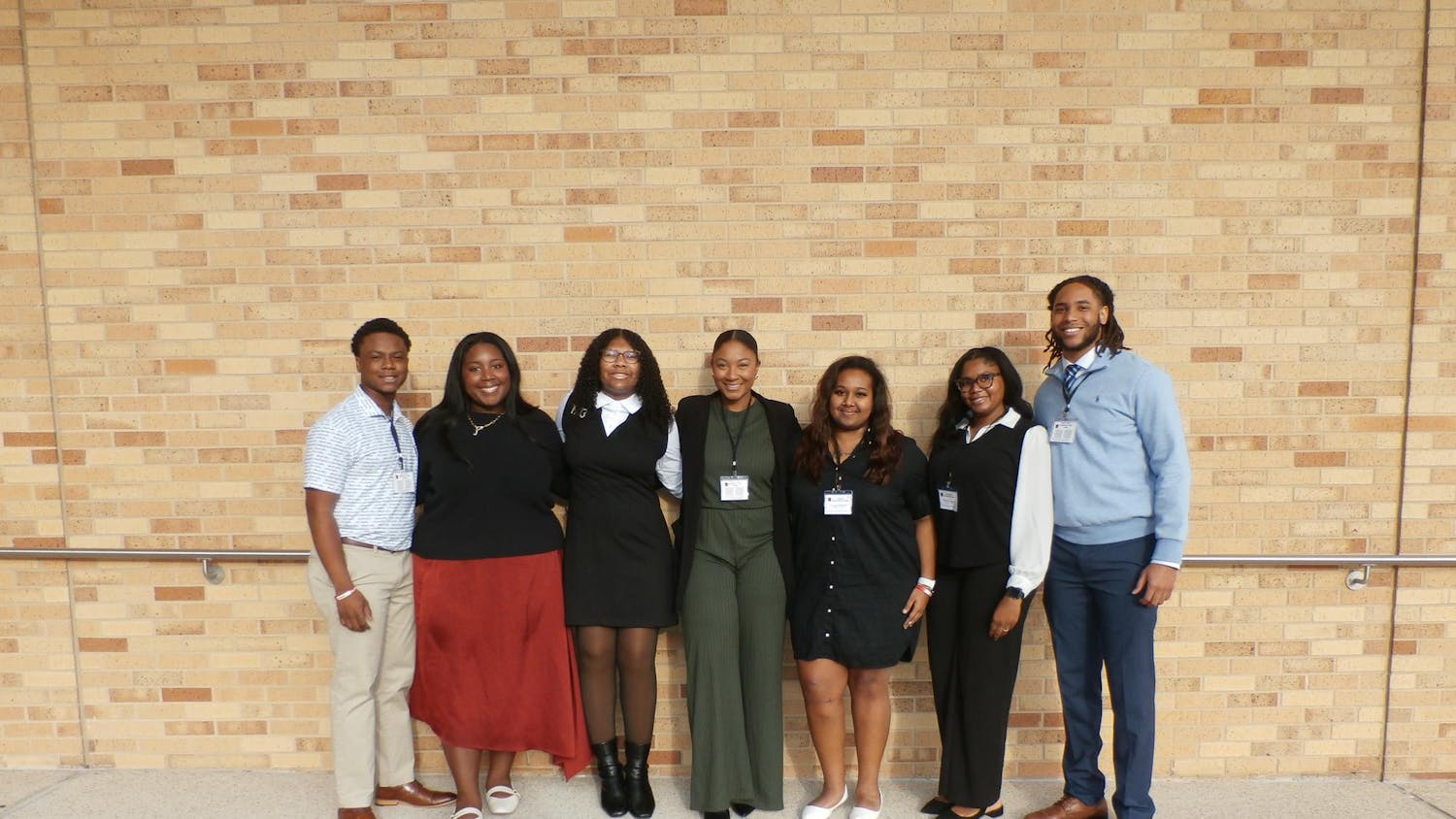For Auburn residents who are food insecure, meals might be harder to come by with the economic challenges the pandemic has posed. One group of students, known as Campus Kitchens at Auburn University, is seeking to relieve this uncertainty by providing community members food from the convenience of their cars.
Campus Kitchens serves leftover food from Auburn University’s many dining halls and other on-campus locations, such as Panera Bread, to community members who may have poorer access to food.
Shift leader meetings used to be in the basement of Toomer Hall but are now held over Zoom. After these meetings, volunteers would normally perform a deep cleaning of the kitchen. To adjust for the small gathering space, the organization now has seven people clean the kitchen so that volunteers can wear masks and maintain distance in the room.
“Even though the University allows gatherings of more people, we thought with the space we have in Toomer Hall, that it would be best to keep it at small gatherings,” said Cole Callahan, junior in biomedical sciences and director of social media for Campus Kitchens. “We thought if we can host meetings over Zoom, [we] might as well do that to limit the number of people in contact, just in case someone does test positive for coronavirus.”
Campus Kitchens can no longer have non-students in Toomer Hall because of contact tracing. Student volunteers are asked to show their green passport screen through GuideSafe’s Healthcheck screener, which keeps track of who has been exposed to COVID-19 on campus. When students volunteer, they sign up through an AUInvolve sign-in to make it easier to trace and alert the volunteer if someone tested positive and was volunteering during the same shift.
“The dining halls still give us food, even though they have been producing less this year,” said Mary Hinson Mims, junior in biomedical sciences and shift lead for Campus Kitchens. “However, we still have plenty of food to provide the community.”
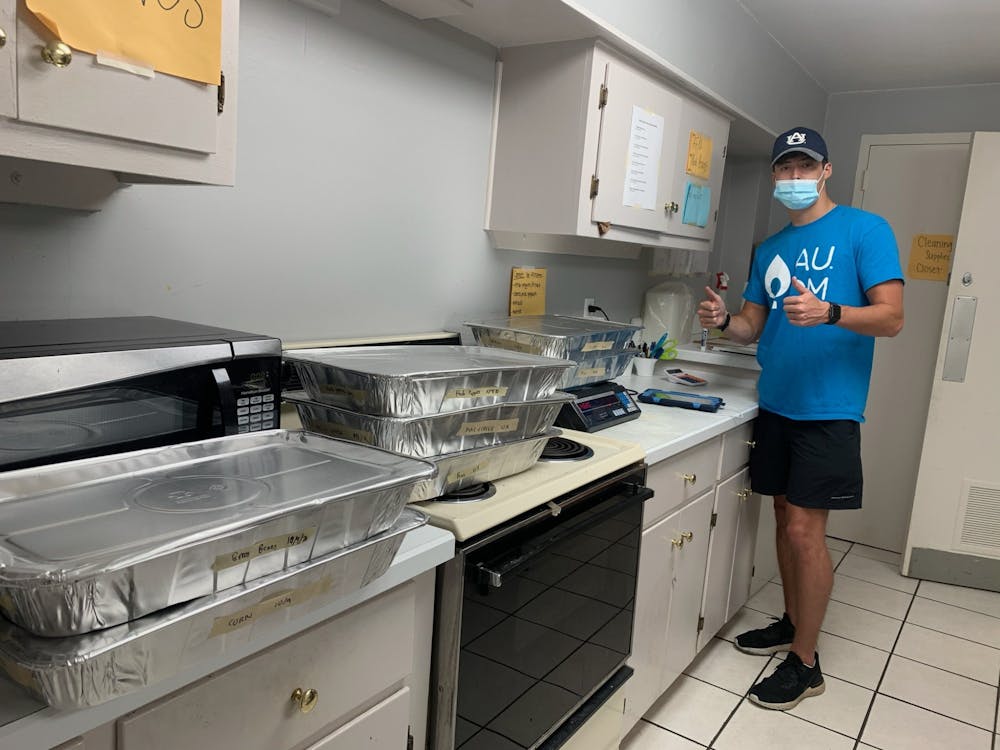
A Campus Kitchens volunteer with packaged meals ready to go to the community.
Mims said volunteers still package and deliver every week. She works as a shift lead for the packaging shift of the organization, which she said has changed slightly with the mask protocol set in place.
“In the packaging shift, we sort the food that was already picked up and make containers of food,” she said. “We make sure each meal has proteins, vegetables and carbs and label each package of food.”
Even though there are fewer volunteers, there are just as many shift leads and leaders on staff. Mims said all of the work stills gets done even with fewer volunteers this semester.
“This semester is also different because it has been encouraged to leave Toomer Hall once you have finished your deep cleaning or have finished your shift,” Callahan said. “This is different from the past, where we were encouraged to stay after and get to know the people coming in.”
Campus Kitchens has also stopped picking food up from Golden Corral, which was the organization’s only off-campus donation partner.
Despite all these changes, the delivery system has stayed the same. The spring semester was cut short due to the University’s transition to remote operations, which in turn put the organization on pause. However, when fall semester started, the organization started delivering even more meals than usual.
“I deliver to Backpack International Inc., which is a delivery shift with an off-campus partner,” Callahan said. “I used to give them 75 meals, and last week I gave 115 meals.”
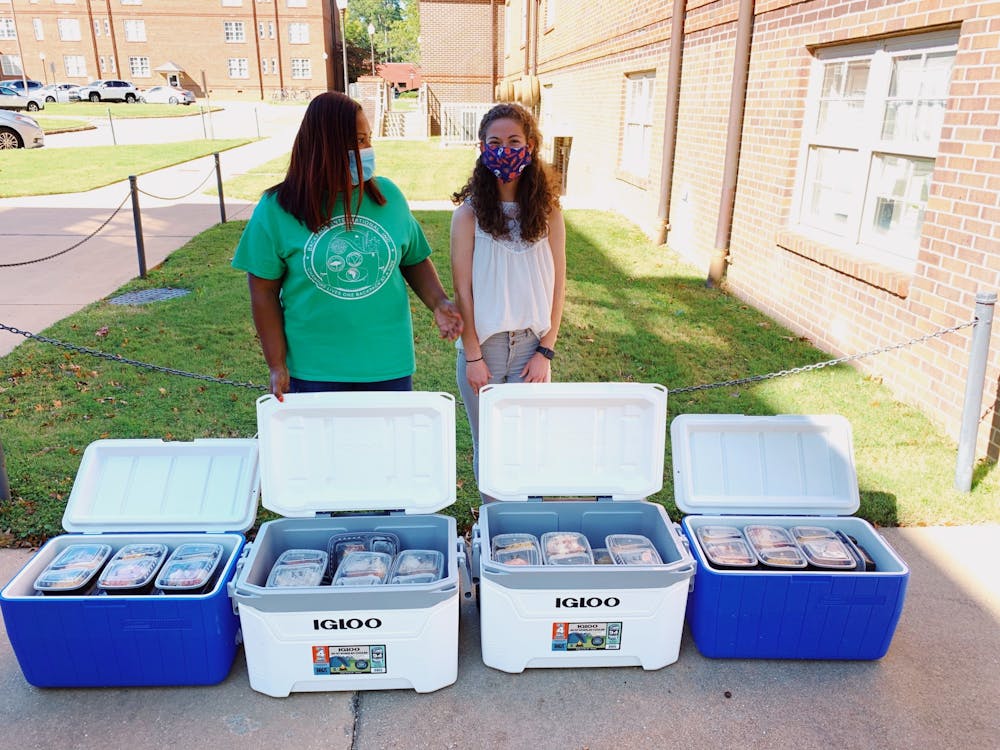
The volunteers of Campus Kitchens work with Backpack International, Inc.
Although volunteer numbers have decreased this semester, Callahan said shifts are designed to be able to be performed without the need for more helping hands. One of the reasons volunteers help out is to obtain hours for classes, like hunger studies, which requires hours in a hunger-related nonprofit, Callahan said.
“There is an alternative right now for this class because the class cannot require that students volunteer in person amid a pandemic — this is why I think there are less volunteers right now,” Callahan said. “I just think a lot of people are not yet comfortable being around people with all of the regulations.”
Do you like this story? The Plainsman doesn't accept money from tuition or student fees, and we don't charge a subscription fee. But you can donate to support The Plainsman.

